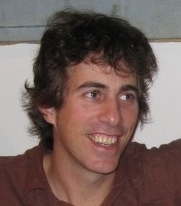A Quote by Arthur Bradford
The first story I wrote was "Catface" which was later selected for The O. Henry Collection, so that gave me some confidence to try some more. Gathering these stories together was fun, but I realized when I read them that I have certain mental preoccupations and they keep recurring in my stories.
Related Quotes
No woman or man is any one thing and the men in my stories, well, some of them are good and some of them are terrible, and most of them make the lives of the women they love much harder than need be. Why? Because that's the kind of storytelling I was drawn to when I wrote these stories, most of which are at least seven years or more old.
Stories? We all spend our lives telling them, about this, about that, about people … But some? Some stories are so good we wish they’d never end. They’re so gripping that we’ll go without sleep just to see a little bit more. Some stories bring us laughter and sometimes they bring us tears … but isn’t that what a great story does? Makes you feel? Stories that are so powerful … they really are with us forever.
He would talk to them of stories and books, and explain to them how stories wanted to be told and books wanted to be read, and how everything that they ever needed to know about life and the land of which he wrote, or about any land or realm that they could imagine, was contained in books. And some of the children understood, and some did not.
Any time I put together a story collection, I don't know what it's going to look like overall - or even what the title story is going to be. Over time, I end up with a dozen or so stories, and I start to see a shape to them, how they fit together, and then I write stories that complement or extend that shape.
Nobody knows what will work until they try it. Some of comics' biggest success stories in recent years have explored subjects that no one was writing about at the time - stories no one had any reason to think would succeed. My advice? Write what you want to read. You'll have more fun doing it - and if all else fails, you'll always have at least one loyal reader.





































